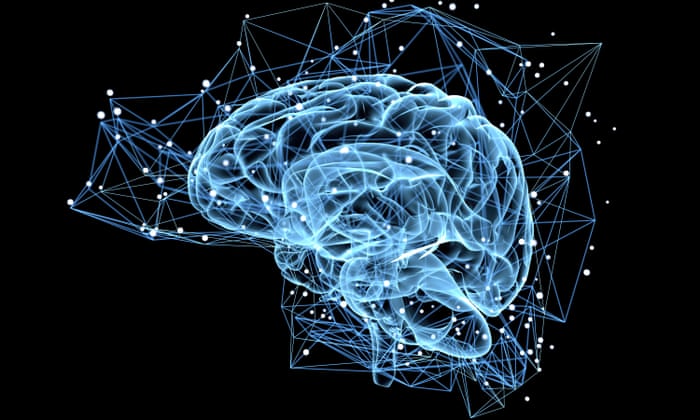I Think, Therefore I Am: Me and My Brain
"We found that older people have similar ability to make thousands of hippocampal new neurons from progenitor cells as younger people do."
"We also found equivalent volumes of the hippocampus [a brain structure used for emotion and cognition], across ages. Nevertheless, older individuals had less vascularization [blood vessel formation] and maybe less ability of new neurons to make connections."
"The exciting part is that the neurons are there throughout a lifetime. It seems that indeed humans are different from mice – where [neuron production] goes down with age really fast – and this could mean that we need these neurons for our complex learning abilities and cognitive behavioural responses to emotions."
"According to mice studies there are these pluripotent stem cells that are a pool of cells that don’t normally do anything, they are quiescent, and then they can undergo division [though some studies suggest we might be born with a finite pool of such ‘mother cells’. Those daughter cells are the ones that exponentially divide and make many more cells and differentiate towards becoming a neuron."
"We can still make enough neurons even with fewer left of these ‘mothers’ [even as people age and approach death]. Even though we make these new neurons, they might be less plastic, or maybe making fewer connections or migrating less."
Dr Maura Boldrini, research scientist, department of psychiatry, Columbia University, New York
 |
| Neurons are required for learning and memory processes, and it was previously thought humans stopped producing them in their late teens. Photograph: iLexx/Getty Images/iStockphoto |
"For now, we do not think this new study challenges what we have concluded from our own recently published observations: if neurogenesis continues in the adult human hippocampus, it is an extremely rare phenomenon."Ah well, one scientist's !Eureka! finding is another scientist's variant interpretation, and so it is that Dr. Paredes who had published her own paper only a month before this latest one, concluded that indeed, no, adults do not develop new neurons and she is no more convinced with the publication of the paper heralding the new finding that contradicts hers, than she was when she reached her original conclusion. But this is typical in the scientific community; there are most often cliques and claques and scientists agree to disagree until such time as really, truly, conclusive, irrefutable evidence arises to silence critics.
"It boils down to interpretation of equivocal cells which we took extra steps to characterize extensively and showed not to be new neurons as they first appeared."
Dr Mercedes Paredes, University of California, San Francisco
"We know from work in animal models that adult born neurons are required for various learning and memory processes, and there is some evidence suggesting neurogenesis is disrupted in human psychiatric conditions."
"This is a promising area for potential treatments."
Dr Niels Haan, Cardiff University
 |
| This image shows what scientists say is a new neuron in the brain of an older human. A new study suggests that humans continue to make new neurons throughout their lives. (Columbia University Irving Medical Center) |
Which would explain were that to be the case, why it is that adults find it so much more difficult to learn new skills or master a new foreign language in comparison to the ease with which children manage both quite handily. Recent studies appear to point out that should specific brain zones be hyper-stimulated, cells could be persuaded to form anew. One study focused on black cab drivers in London undertaking to study Knowledge; a mental map of London's streets. They were in possession of an increased number of neurons in areas of the brain linked to navigation.
Which could conceivably be interpreted as the stimulation of some areas of the brain to form new neural pathways on a learning curve, rather than new brain cells, to aid in that navigation accomplishment. But now a study has found that new brain cells are continually being formed, including in elderly brains. Suggesting further that problems that arise with mental capacity and memory linked to old age do not represent a loss of neurons but instead a failure of cells to ably communicate with one another.
To accomplish the research leading to its remarkable conclusion, scientists studied the hippocampus in 28 previously healthy individuals, aged between fourteen to 79 who had suddenly died. They discovered that new cells were forming right up to the time of death -- including in the brains of the oldest among them.
 |
Developing nerve cells, with the nuclei shown in yellow.
Credit: Torsten Wittmann, University of California, San Francisco
|
Labels: Bioscience, Degenerative Brain Disease, Dementia, Mental Health, Neurons, Research

0 Comments:
Post a Comment
<< Home